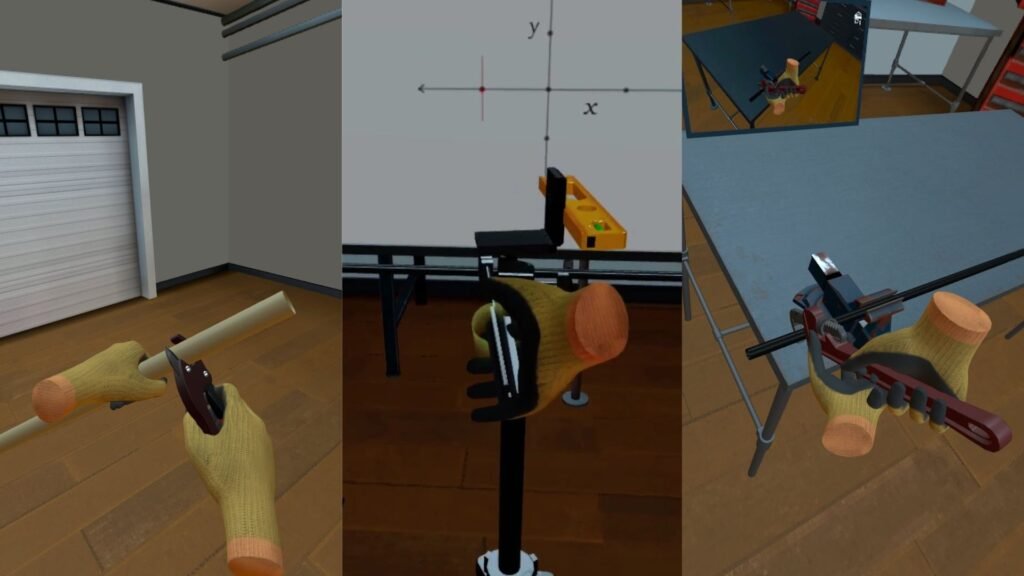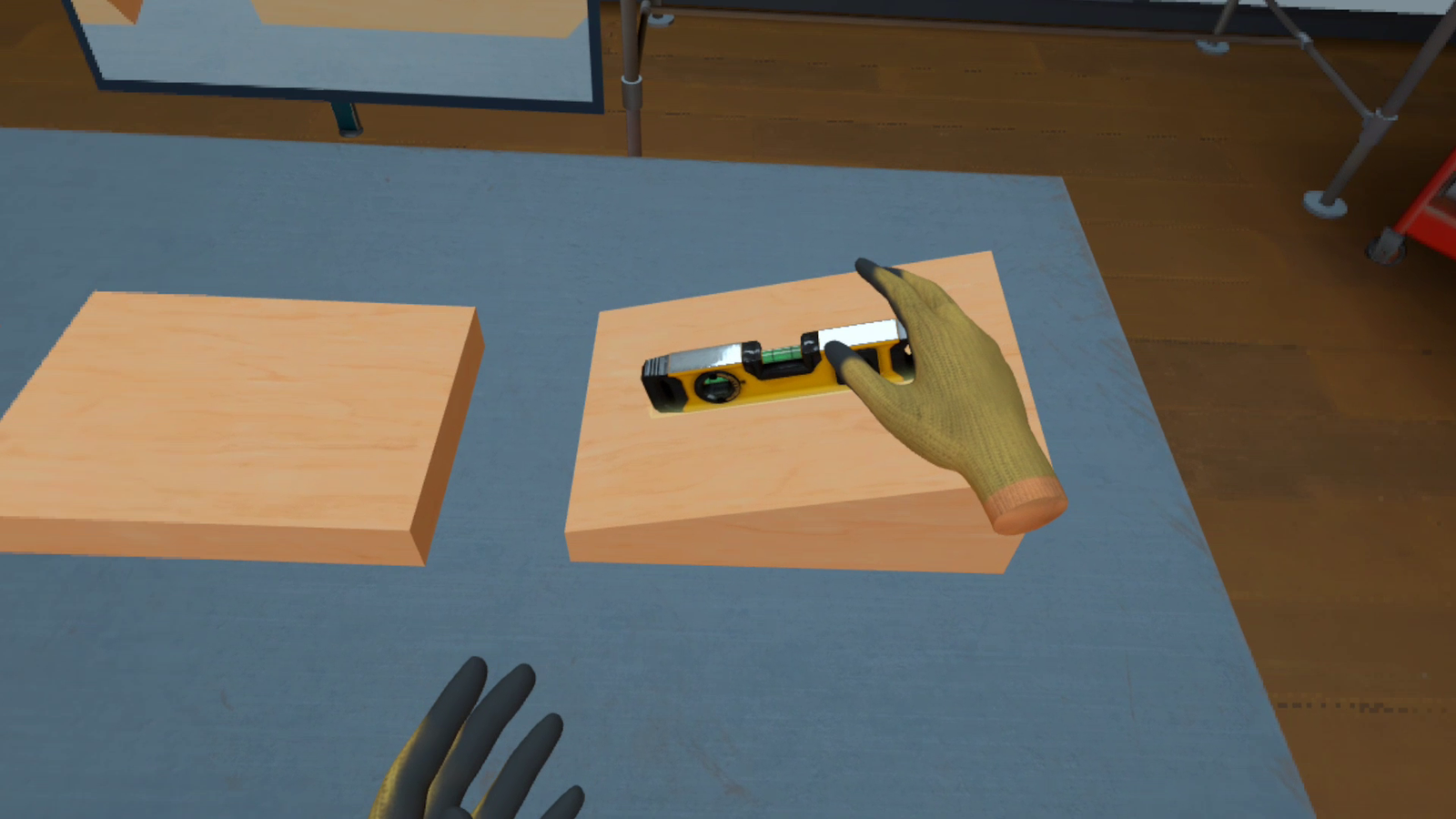In an era defined by technological advancements, virtual reality (VR) has emerged as a transformative tool across multiple industries. Among its most promising applications is in education and training, where immersive environments replicate real-world scenarios, providing learners with an unparalleled depth of experience. For companies like ImmerseLearn, which specializes in training programs for skilled trade professions, VR is proving to be a game-changer. But the question remains: Is online VR training effective? Let’s delve into the benefits and unique aspects of ImmerseLearn’s programs to uncover what learners and employers can truly expect.
The case for VR in training
Skilled trades demand a unique blend of theoretical knowledge and hands-on expertise. Traditional training often involves classroom instruction paired with supervised fieldwork. While effective, this approach can be costly, time-consuming, and, at times, constrained by logistical and safety concerns. Enter VR, which eliminates many of these barriers.
Online VR training leverages cutting-edge technology to simulate realistic environments. Participants can perform tasks, make decisions, and learn from mistakes without the consequences of real-world errors. VR isn’t just a flashy tech upgrade; it represents a pedagogical shift—one rooted in experiential learning principles.
Key benefits of VR training for skilled trades
ImmerseLearn’s VR programs are designed with precision and practicality in mind. Here’s how they make a difference:
Safe Learning Environments: Safety is a top priority in skilled trades, especially in high-risk industries like construction, electrical work, or manufacturing. VR offers a controlled, hazard-free space where trainees can practice handling equipment, troubleshoot complex problems, or simulate emergency responses. For example, an electrical apprentice can learn to identify and rectify wiring faults without the risk of electrocution.
Cost-Effectiveness: Traditional training often involves expensive materials, travel, and equipment. VR reduces these costs by creating a reusable, scalable training module. A single VR headset and access to the ImmerseLearn platform can replace repeated setups of physical workstations, saving organizations significant time and money.
Enhanced Engagement: Immersive experiences are naturally engaging. When trainees put on a VR headset, they’re transported to an environment free of distractions, allowing them to focus fully on the task at hand. ImmerseLearn’s programs incorporate gamification elements, interactive challenges, and real-time feedback to make learning both effective and enjoyable.
Customizable and Repeatable Scenarios: Unlike live training sessions, VR scenarios are repeatable. Learners can revisit challenging modules until they master the skill. Moreover, ImmerseLearn tailors programs to the specific needs of employers and industries, ensuring that trainees gain relevant and practical expertise.
Data-Driven Insights: One of the most innovative features of VR training is its ability to collect and analyze performance data. ImmerseLearn’s programs provide detailed analytics on user behavior, task completion times, and error rates. This data helps instructors identify areas of improvement and tailor follow-up training accordingly.

What makes ImmerseLearn’s VR programs stand out?
The skilled trades sector is broad and diverse, encompassing professions from welding and plumbing to HVAC repair and heavy machinery operation. ImmerseLearn recognizes that one-size-fits-all solutions don’t work in such a specialized field. Here’s how their programs rise to the challenge:
Industry-Specific Expertise: ImmerseLearn collaborates with subject matter experts to design programs that mimic real-world scenarios. These experts ensure that VR modules align with industry standards and regulations, making the training not only realistic but also compliant.
Accessible Online Platforms: Unlike traditional VR setups that require bulky equipment and on-site sessions, ImmerseLearn’s online approach enables trainees to access VR modules remotely. Paired with a VR headset, the platform transforms any space into a training ground. This accessibility is particularly valuable for rural learners or those balancing work and training schedules.
Focus on Skills Application: The ultimate goal of any training program is to ensure that learners can apply their skills effectively in real-world settings. ImmerseLearn emphasizes practical, hands-on learning, bridging the gap between theoretical knowledge and field application.
Continuous Updates: Technology and industry standards evolve rapidly. ImmerseLearn’s VR modules are regularly updated to reflect the latest tools, techniques, and safety protocols. This ensures that learners always receive current and relevant training.
Job Ready Training: ImmerseLearn is designed to develop skills in the skilled trades, empowering candidates to refine their expertise and meet industry needs. The platform facilitates connections with prospective employers, offering networking opportunities and support with job placement. Although it does not guarantee job placement, ImmerseLearn prioritizes preparing candidates with the essential knowledge and resources to excel in their trades and advance their careers.
The future of skilled trades training
As VR technology continues to advance, its applications in training are only expanding. For skilled trades, this means more realistic simulations, enhanced collaboration features, and greater accessibility. Imagine a future where a plumbing apprentice in a small town can gain the same quality of training as someone attending a prestigious urban technical institute—all through a VR headset.
ImmerseLearn is at the forefront of this revolution. By combining cutting-edge technology with a deep understanding of industry needs, they’re setting new benchmarks for what effective training looks like.
Final thoughts
So, is online VR training effective? The evidence speaks for itself. With its ability to provide safe, cost-effective, and engaging learning experiences, VR is proving to be an invaluable tool for the skilled trades. Programs like those offered by ImmerseLearn not only equip trainees with the skills they need but also empower organizations to build safer, more competent workforces.
As we move into an increasingly digital future, embracing innovative solutions like VR is no longer optional—it’s essential. With ImmerseLearn’s programs, skilled trades professionals can look forward to a training experience that’s immersive, efficient, and tailored to the demands of their industries. Whether you’re an employer seeking to upskill your workforce or a learner eager to master your trade, the possibilities with VR are endless.





